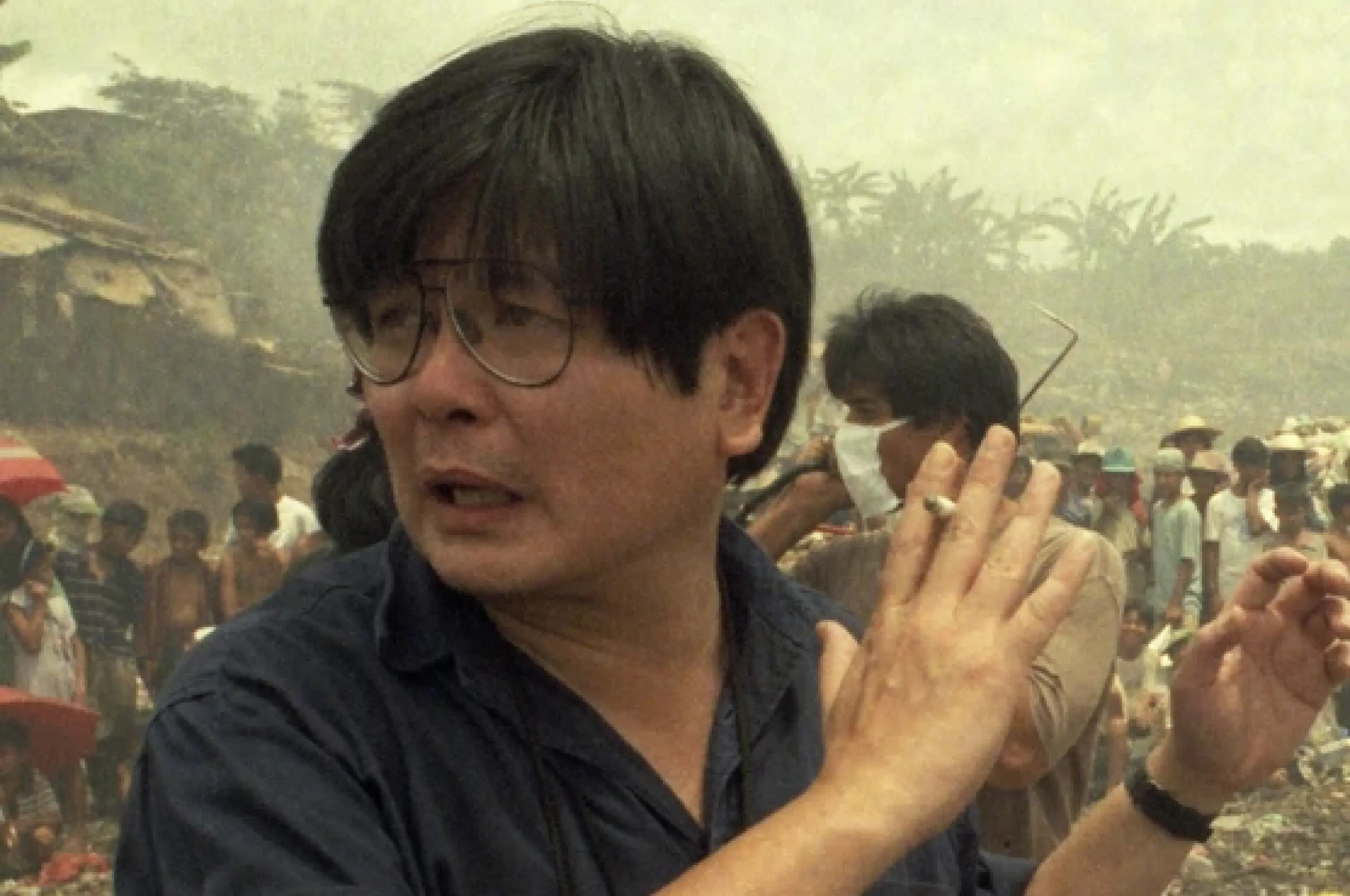Mike de Leon, a stalwart of Philippine cinema, has passed away at the age of 78, his relatives confirmed, according to French distributor Carlotta Films, who released a Blu-ray box set of de Leon’s films.
De Leon is the filmmaker behind some of the best Filipino films of all time, such as Kisapmata (1981), and Sister Stella L. (1982), and Batch ‘81 (1984). After making two short films, Sa Bisperas (1972), and Monologo (1975), de Leon produced Cirio Santiago’s Happy Days are Here Again (1974) and Lino Brocka’s masterwork Maynila sa mga Kuko ng Liwanag (1975) before finally making his debut film Itim in 1976. He also worked as a cinematographer, editor, and writer.
The director was active until 2000 when he made Bayaning Third World and it took 18 years before he returned with another full-length film, Citizen Jake.
His films are known for their incisive social commentary and for expanding the depth of storytelling that became his trademark, even when he dabbled in other genres, such as romance (Kung Mangarap Ka’t Magising, 1977) and melodrama (Hindi Nahahati ang Langit, 1985).
De Leon’s works eventually became one of the pillars of Philippine cinema, emerging from the Second Golden Age, alongside the works of Brocka and Ishmael Bernal. His films have also been featured in international film festivals, including in Cannes and Venice.
Recognizing De Leon’s contribution to Philippine cinema, the Museum of Modern Art mounted a retrospective of his films in 2022, called Mike De Leon: Self-Portrait of a Filipino Filmmaker, which also featured his short films and films from LVN Pictures, the studio where de Leon traces his lineage from as the grandson of the studio’s matriarch Narcisa “Sisang” de Leon.
De Leon remained a fierce critic of former president Rodrigo Duterte and the Marcoses, even making films slamming their regimes.
In 2022, De Leon wrote a two-volume memoir Last Look Back. In a 2020 interview with Filmmaker, he said of the book. “One reason I’m writing the book [his autobiography] is to keep the memory of LVN and the studio era alive. Sadly, so many films have been lost. I grew up in the movies and it shaped my life and way of thinking. It also ruined any semblance of real family life we may have had. But like dog breeding, which I used to engage in with a passion, I trace my pedigree as a filmmaker to my grandmother’s and father’s time. That is a privilege that no other filmmaker working in the industry today can say. Maybe that’s why I’m still alive. As it is said in my book, my biological life I owe to my parents, but my life in cinema I owe to LVN.”







